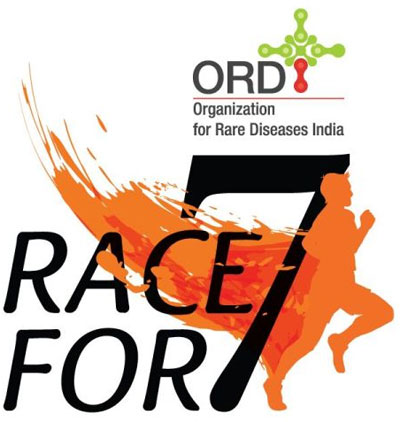“The very nature of disease that the gene is defective makes it very difficult to identify, diagnose and the treatment is a challenge as well as extremely expensive,” said Dr. Mishra
Stem cell technology has witnessed advancement that open new hopes for the treatment of rare genetic disorders which otherwise are largely undetected and also untreated. Recent research has shown exciting possibilities of having a direct intervention method for effective treatment, said Tata Institute for Genetics and Society (TIGS) Director Rakesh Mishra.
“One of great success people have started witnessing is the stem cell technology being used for genetic disorders where these cells can be taken from a healthy individual and replacing the diseased stem cells from the identified patient but there are immunological challenges in this process,” he explained, in an interaction as part of the ‘Stem Cell Awareness Week’.
Dr. Mishra, also the former Director of CSIR-Centre for Cellular and Molecular Biology (CCMB) here and continues to do his research from his lab here and guide student-researchers, stated that there is another novel method of taking the patient’s own cells, covert them into induced pluripotent cells (iPSC) and fix the mutation through genome editing before putting them back into the patients which will avoid any immunological issues since they are not alien cells.
“These are direct treatments of the disease using stem cells and there are many success stories in this direction,” he said. The senior scientist said that the human body’s tissues originate essentially from stem cell and usually there is no occurrence of rare genetic diseases because generally one gene copy inherited from either of the patents is healthy even if the other is defective. This normally the case when the parents are not closely related.
But, when defective genes are inherited from both the parents, the disease manifests, this though is rare. However, due to marriages within relations which is a social practice in some regions of the country, there are considerable number of people with rare genetic diseases with a rough estimate putting the figure at 90 million and every year one million are supposed to be born with such difficulties.
“The very nature of disease that the gene is defective makes it very difficult to identify, diagnose and the treatment is a challenge as well as extremely expensive,” said Dr. Mishra.
A more interesting development is take the stem cells from the identified patients can be used to grow in a dish in the lab, create specific cell types where the disease is modelled to study its molecular and biochemical basis for better understanding.
Such ‘disease in dish’ models can be used not only to understand the disease accurately but also can be used to screen new interventions, including traditional medicines, new/repurposed drugs, and the emerging mRNA therapeutic approach. “Once we find out an effective treatment in this way, the same intervention method can be used to fix the problem in the patient,” he said.
TIGS, based in Bengaluru is working on modern treatments methods on rare genetic disorders with the other two major research programmes being on crop improvements using genome editing technology and infectious diseases, added the senior scientist.
Is COVID over?
Is the COVID pandemic over? Don’t just celebrate, cautions former CSIR-CCMB Director and now TIGS Director Rakesh Mishra. “ SARS COV-2 is on the backfoot, yes, but it is neither defeated nor gone for good. We have the necessary vaccines and the priority for the people and the governments should be to continue to focus on ensuring double dose vaccination and booster or the precautionary dose to the identified eligible population.
“We can defeat COVID but we have to mask up when in crowded close spaces or avoid such places without one and this is the new normal”, asserts Dr. Mishra, who has been in the forefront in the battle against the pandemic when CSIR-CCMB played a key role in testing, tracking, identifying drugs and vaccine research.
Link for Original Article : https://www.thehindu.com/news/national/telangana/stem-cell-technology-offers-new-hope-for-treating-rare-genetic-disorder-rakesh-mishra/article66021037.ece



